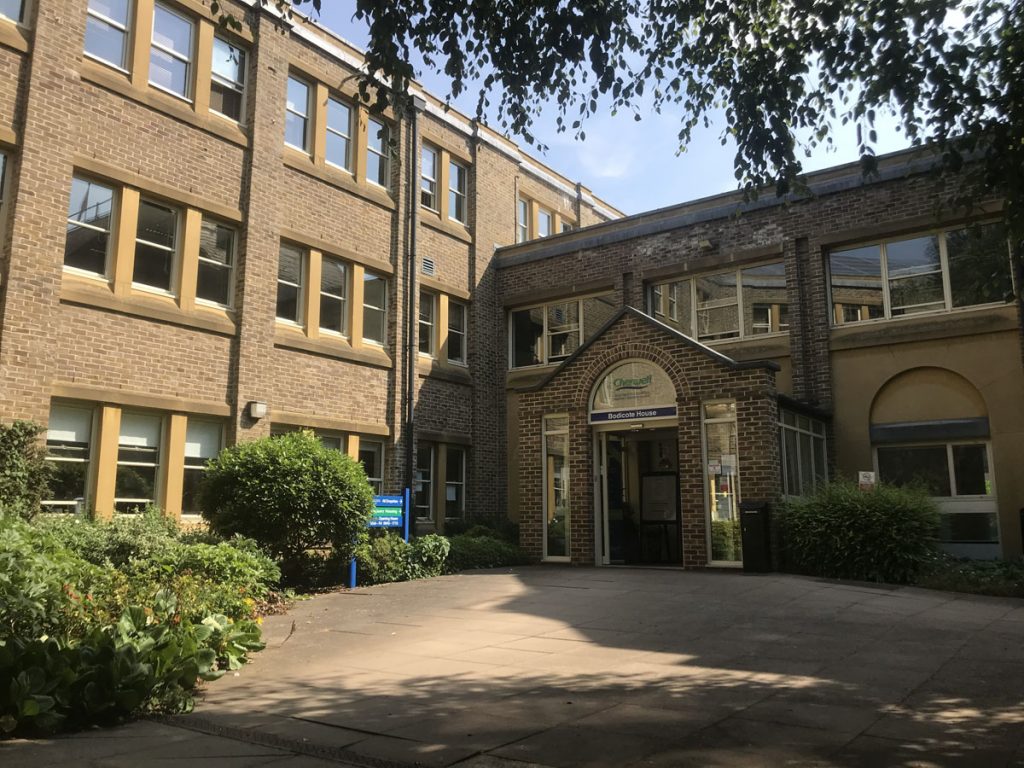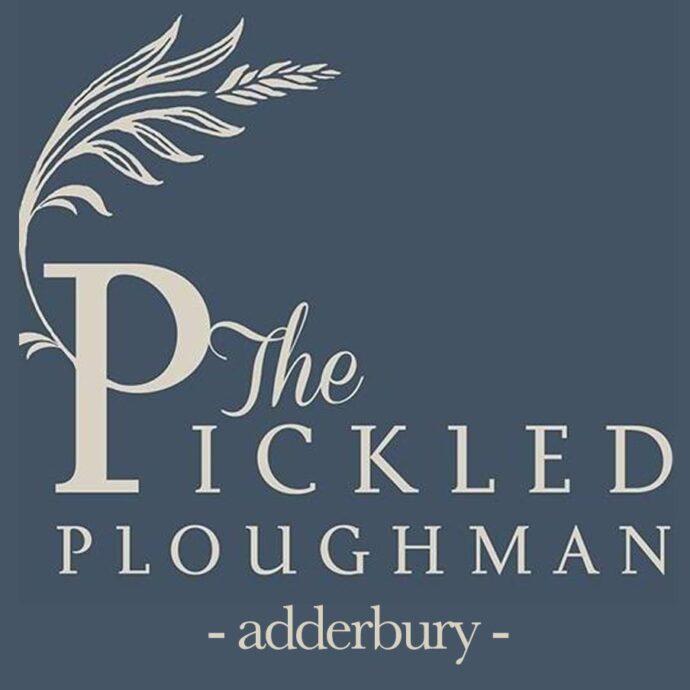Cost cutting efforts to cover near-£1m budget shortfall
07/07/2022

Less cash from Castle Quay and car parks together with increasing utilities costs have led to the budget deficit
by Andy Mitchell, Local Democracy Reporter
Cherwell District Council will look to cut costs before dipping into savings to cover an expected budget shortfall of nearly £1 million.
The district’s most recent forecasts anticipate another £987,000 will have to be found in order to balance out lost income or larger costs.
The gap represents more than four per cent of the council’s overall budget which was initially set at just shy of £23.5 million.
Expected underspends in some departments have mitigated some of the concerns but the council expects revenue from its car parks to yield £407,000 less than originally accounted for with utility costs for leisure expected to take up another £400,000.
More than 10 per cent – £315,000 – has been wiped off the expected net income from Castle Quay, Banbury, due to “void costs”, inflation in the cost of utilities and “loss of car park commercial income following delayed openings of the leisure scheme”, although the council’s report noted “an improved forecast against 2021-2022 final outturn which positively reflects the centre’s continued recovery from Covid-19”.
Councillor Eddie Reeves (Con, Deddington) queried how this compared with recent years at this week’s meeting of the council’s executive.
Councillor Adam Nell (Con, Adderbury, Bloxham and Bodicote), Cherwell’s portfolio holder for finance, said the impact of inflation and ongoing recovery from Covid made the projected overspends more understandable with “very adequate mechanisms” in place and “no danger of running through” contingency pots or reserves.
“We have the money we need to carry out the spending plans we have chosen,” he said.
“From the point of view of whether we have planned accurately, I think we did. The difficulty is that this year is more financially turbulent, perhaps than any year for many, many years.
“We have had a very large number of complex spending changes resulting from Covid and complex government grants to cover certain aspects but not all aspects of those things. Many of those types of disruption are still continuing.
“While the overspend is certainly something we should take seriously and look at, we are certainly going to be able to meet it. It is not particularly large in relation to the changes in our pattern of spending necessitated by Covid.”
Michael Furness, the council’s assistant director of finance, said: “We need to go away and look at what is driving that overspend and what we can do within the service budgets to reduce spend in other areas to mitigate that.
“That absolutely has to be part of the process and I would like to see that done before we start to use up any contingencies or reserves. They are there as a last resort.
“About half of the forecast overspend is linked to the cost of living crisis. That is a big new thing that has come along.
“I know you cannot take that out of the equation but if you were to, it would be a similar scale forecast to what we had last year and by the time we got to the end of last year we came in with an underspend.
“I would like to think we would be in the same position (this year) but I could not promise that today.”
Published: by the Banbury FM News Team
